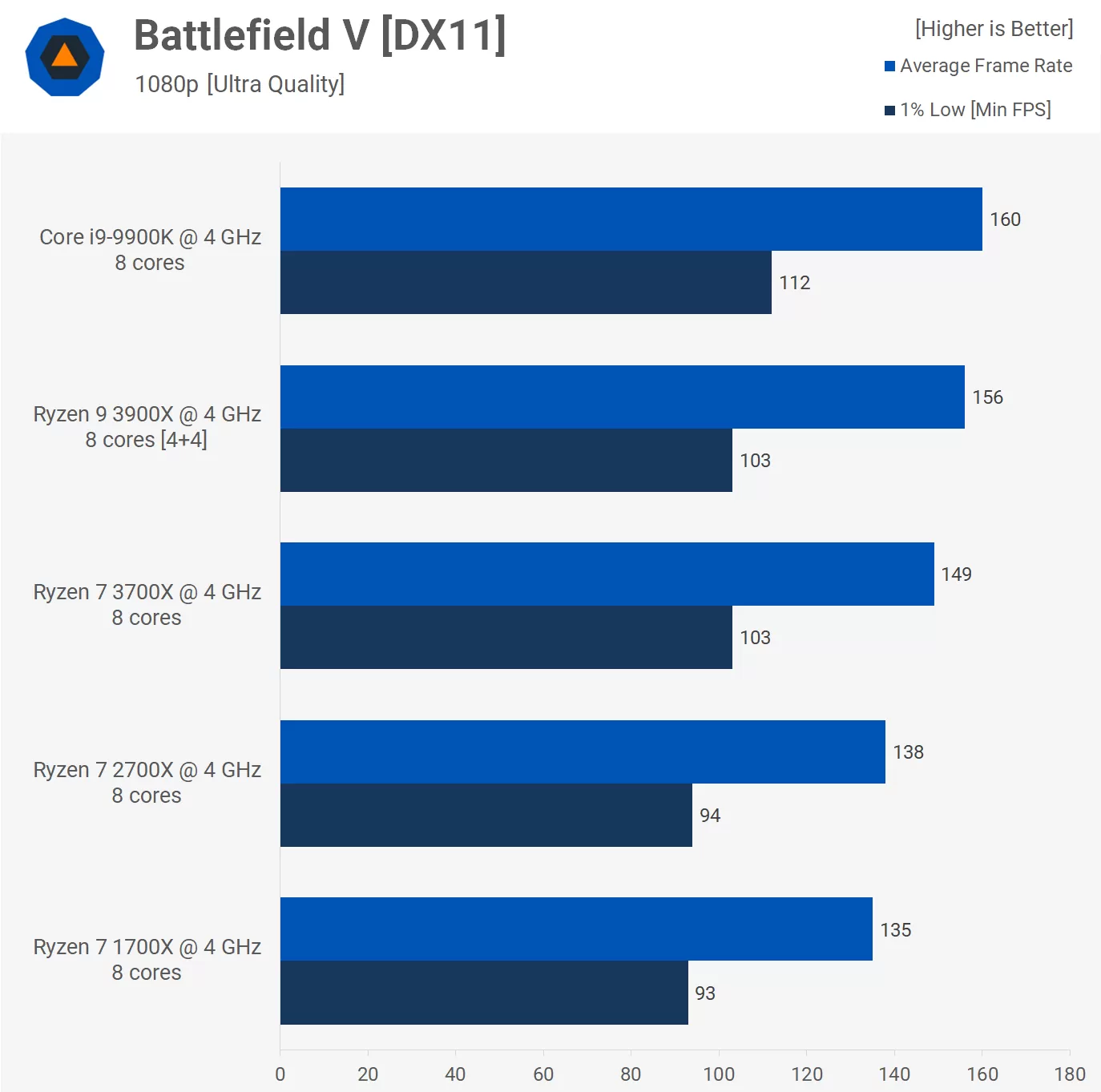Next-gen console CPUs are significant improvements, which while good for gaming in general is worrisome if you like very high-fps gaming on PC.
We'll need 8-12 core 16-24 thread beasts running at 5-6GHz+ to have even a slight chance of keeping those 144+ framerates in next gen games as game makers start to make use of the new cpus while targetting 30-60fps.
Is there a heat/power issue with the 10nm, 7nm and smaller nodes that means we are saying goodbye to high clock speeds? Intel has struggled with 10nm, which Intelthemselves has said themselves won't be a major node for them. It draws a lot of power and puts out a lot of heat at high clock speeds. AMD's 7nm runs hot and doesn't hit that high of a clock speed either. 14nm was doing it pretty easily but the smaller nodes seem to be an issue. Is this the end of super high clocks?
I want to keep playing at even 144+ framerates next gen, 90 will be so difficult to go back to in first person games and there's also the PS3 emulator that can unlock framerates, RPCS3 which needs high clock speeds - I need my 144+ wipeout HD.
Is this the end of high framerates?
We'll need 8-12 core 16-24 thread beasts running at 5-6GHz+ to have even a slight chance of keeping those 144+ framerates in next gen games as game makers start to make use of the new cpus while targetting 30-60fps.
Is there a heat/power issue with the 10nm, 7nm and smaller nodes that means we are saying goodbye to high clock speeds? Intel has struggled with 10nm, which Intel
I want to keep playing at even 144+ framerates next gen, 90 will be so difficult to go back to in first person games and there's also the PS3 emulator that can unlock framerates, RPCS3 which needs high clock speeds - I need my 144+ wipeout HD.
Is this the end of high framerates?
Last edited:


